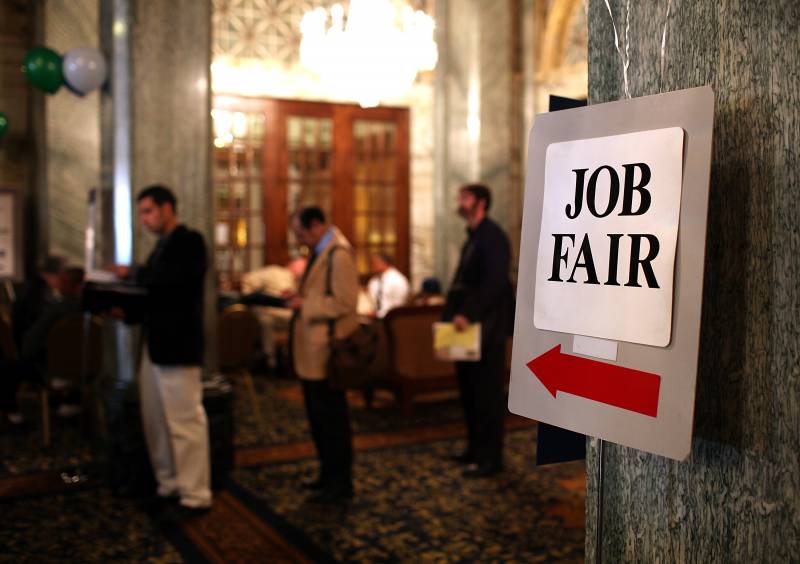It’s been just over a month since more than 2 million Californians lost emergency unemployment benefits established by the CARES Act, a federal package signed into law in March 2020 to assist businesses, workers and health care systems affected by the coronavirus pandemic.
More than half of states ended some or all of these benefits programs early, hoping it would motivate more people to return to the job market, where many businesses still struggle to restaff.
But reports are mixed about whether this tactic got more people back to work, or just increased the financial burdens of unemployed people. Here in California, there’s a wide spectrum of recovery rates. In some parts of the state, like Imperial County in Southern California, unemployment is nearly quadruple the national average of 5.2%.

